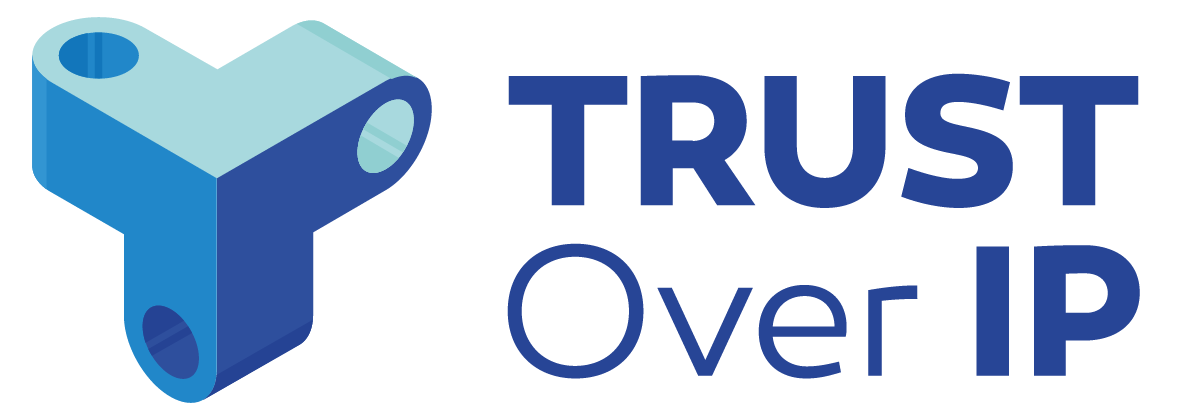Background
The Trust Over IP (ToIP) Foundation was launched in May 2020 with 27 original founding member organizations. It was gestated over the previous year as a confluence of multiple efforts in the digital identity, verifiable credential, blockchain technology, and secure communications spaces by people who saw the need to converge and create an interoperable architecture for decentralized digital trust. This culminated in a Linux Foundation paper called The ToIP Stack published in August 2019 and subsequently turned into a December 2019 article in a special edition of IEEE Communications Standards Magazine on decentralized digital identity.
It also doubled from four to eight Working Groups, with over a dozen deliverables slated for release by the end of 2021. This surge of interest in decentralized digital trust infrastructure showed no signs of abating, particularly after the June 2021 announcement of the EU Digital Identity Wallet initiative and Apple and Google’s announcements about beginning to accept digitally-signed credentials in their proprietary digital wallets.
In September of 2024, now with over 500 organizational and individual members, the Trust Over IP Foundation moved into the newly formed Linux Foundation Decentralized Trust (LFDT) umbrella, as the first Joint Development Foundation standards project to join LFDT.
Membership Structure and Governance
The ToIP Foundation is hosted by the Linux Foundation under its Joint Development Foundation legal structure. The project sits in the Linux Foundation Decentralized Trust Foundation (LFDT) umbrella of projects. Financial support for Trust Over IP comes through the LFDT. Organizations wishing to financially support the efforts of ToIP and other projects under the LFDT umbrella are encouraged to join LFDT.
The work of the Foundation all takes place in Working Groups, within which there are Task Forces self-organized around specific interests. All ToIP members regardless of LFDT membership can participate in all ToIP Working Groups and Task Forces.
The Foundation as a whole is governed by the Steering Committee (SC), which works by consensus. The Steering Committee has 9-12 available voting seats. The ballot to create the slate is done each year. Each working group can nominate three individuals to be placed on the ballot to create the slate of proposed Steering Committee members for the following calendar year. All ToIP members who have signed the JDF Membership agreements can vote during the slate creation process. Once the slate is finalized, it is presented to the current Steering Committee to confirm. The newly formed Steering Committee elects their Steering Committee Chairperson at their first or second meeting.
Meetings and Collaboration
The Steering Committee meets twice a month, with one plenary session and a second meeting to discuss a special topic.
Our monthly All Members Meeting is open to everyone in the Foundation and rotates between two formats:
- A Working Group Update meeting to encourage cross collaboration between working groups and task forces—and also assist new members in deciding where they would like to contribute and learn.
- A special topic meeting to “deep dive” on a topic of interest to the entire organization.
All Working Groups, Task Forces, and Committees are open to every member and there is a robust calendar of meetings occurring in different time zones to support global participation. The meeting schedule is published on the ToIP Calendar page.
All meetings are held virtually in Zoom rooms and recorded for asynchronous viewing. We also collaborate in the ToIP Slack workspace (with channels for every Working Group and Task Force), on our Confluence wiki, and in collaborative spaces such as Google Docs and GitHub.
Get involved
This is a problem we solve together! Save time and money, and collaborate with some of the best in the industry, as we deliver the tools and resources for digital trust.
